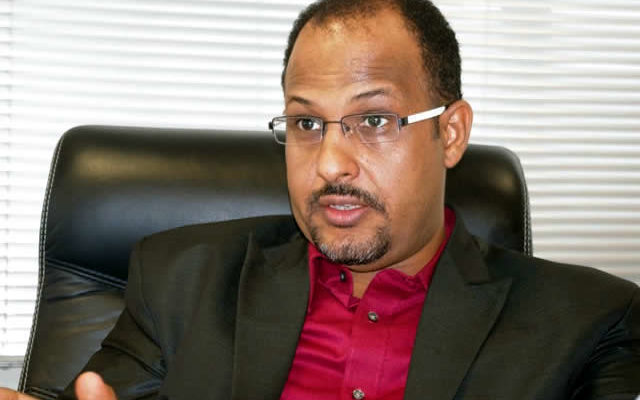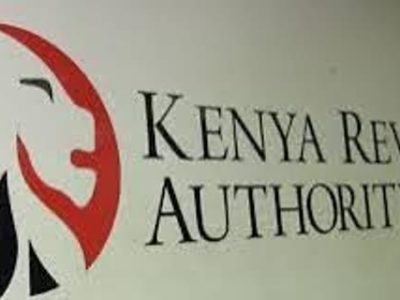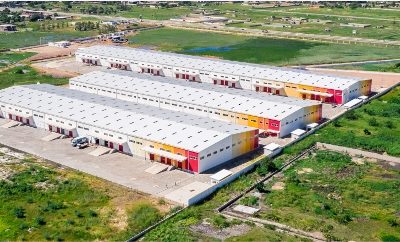In a landmark achievement for Nigeria’s digital transformation, the Internet Exchange Point of Nigeria (IXPN) has announced that the country’s domestic internet traffic has officially surpassed 1 Terabit per second (1Tbps) for the first time in history. This milestone marks a significant boost for the nation’s ICT ecosystem, reflecting years of steady growth and investment in local digital infrastructure.
RELATED: IXPN CEO Rudman highlights power and transmission costs as barriers but remains optimistic
According to IXPN CEO, Muhammed Rudman, the breakthrough is more than a technological feat—it’s a strong indicator of Nigeria’s maturing digital economy and the increasing role of homegrown internet infrastructure in supporting innovation, inclusion, and economic growth.
“This is more than just a number. Achieving 1Tbps is a defining moment for Nigeria’s internet ecosystem. It highlights our capacity to drive faster, more resilient, and cost-effective connectivity through local infrastructure,” said Rudman. “By retaining local traffic within Nigeria, we significantly reduce costs, boost speed, and empower millions of Nigerians to thrive online.”
Nigeria’s journey to this digital peak has been progressive. From just 5–10 megabits per second in 2008, domestic traffic grew to 126Gbps by 2019, hit 250Gbps in 2020, and surged to 900Gbps by late 2024. The 1Tbps milestone was finally surpassed in March 2025, propelled by the growth of local data centers, improved interconnectivity, and the presence of global tech giants such as Google, Facebook, Amazon, Microsoft, Netflix, and TikTok, all of which are now interconnected through IXPN.
To put the scale into context, 1Tbps can support over one million simultaneous Zoom calls, enable more than 200,000 people to stream HD Nollywood content without buffering, or transfer the equivalent of 50,000 smartphones’ data in a single second.
“This achievement reduces Nigeria’s dependence on international bandwidth and decreases latency for local services, while reinforcing our position as Africa’s digital hub,” Rudman added.
He credited the milestone to the collective efforts of Nigeria’s ICT stakeholders, including service providers, regulators, and infrastructure companies, all working toward building a resilient, inclusive, and world-class digital environment.































